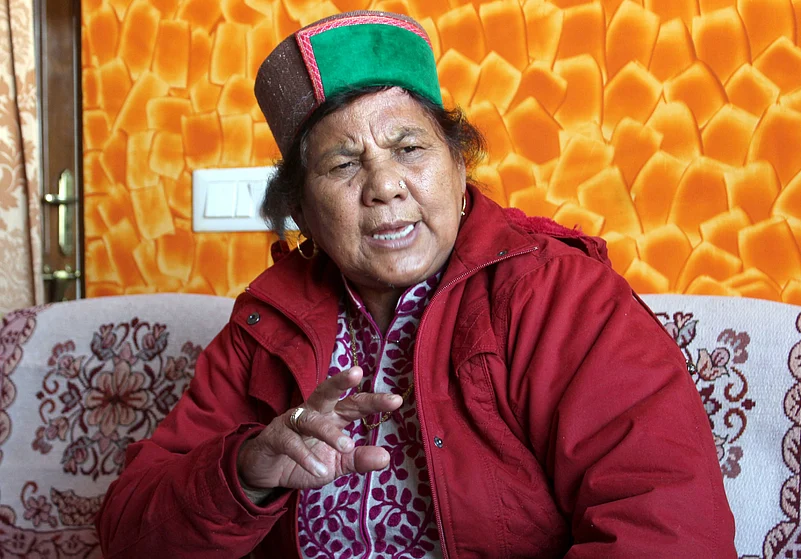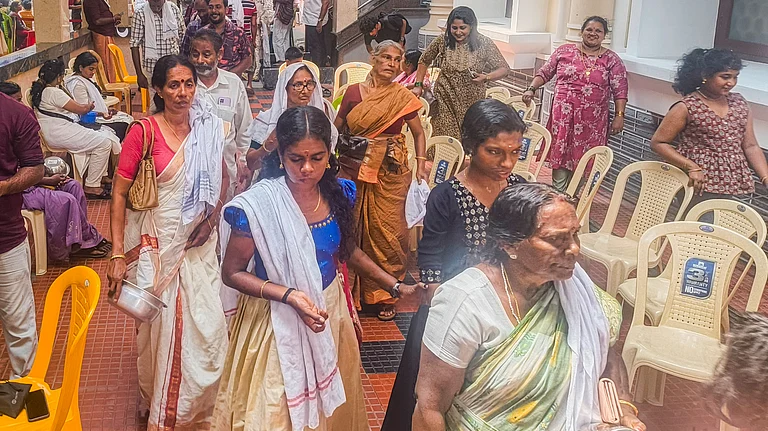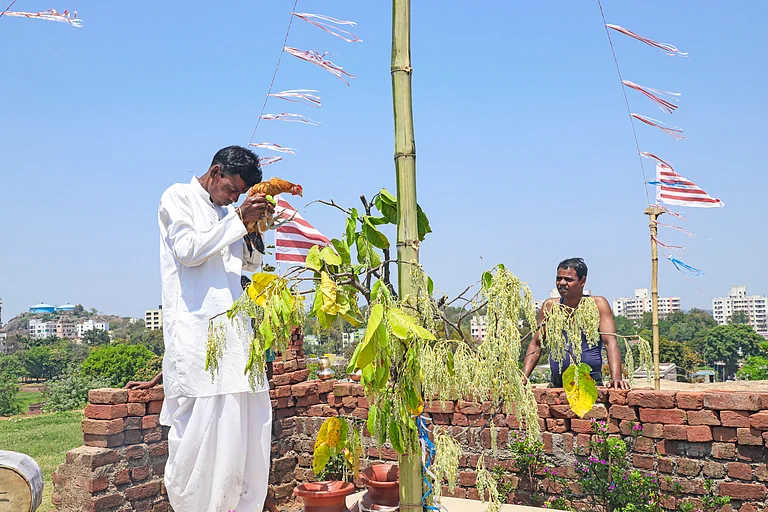
Summary of this article
The Supreme Court overturned a 2015 Himachal Pradesh High Court order that granted daughters in tribal regions equal rights to inherit ancestral property.
The apex court ruling says that the Hindu Succession Act does not automatically apply to Scheduled Tribes.
The decision has revived debate on gender equality in tribal customs, prompting veteran activist Rattan Manjri of Kinnaur to mobilise women leaders for a renewed campaign for property rights reform.
The Supreme Court has set aside a judgment of the Himachal Pradesh High Court that allowed daughters in the tribal regions of Kinnaur and Lahaul-Spiti to inherit ancestral property.
The verdict signifies that the 50-year-old struggle of tribal women for equal inheritance rights is far from being over yet.
The ruling has rather reignited the debate over gender justice in tribal customs and the Hindu Succession Act of 1956, which doesn’t apply to daughters belonging to tribal communities in the state.
Overturning an order of the State High Court passed in 2015, the Apex Court ruled that Section 2(2) of the Hindu Succession Act does not apply to members of Scheduled Tribes unless specifically notified by the Central government.
What Did The SC Say About Tribal Women’s Property Rights?
A bench comprising Justices Sanjay Karol and Prashant Kumar Mishra observed that “no such notification has been issued de-notifying any tribal community in Himachal Pradesh (including the Sawara tribe), thereby making the High Court’s extension of Hindu inheritance rights to tribal women legally untenable.
Here, the bench also cited Articles 341 and 342 of the Constitution, which vest exclusive power in the President to issue notifications specifying or de-notifying Scheduled Castes and Tribes. “The lists made under these articles can only be amended with the permission of the president,” the court said, adding "the judiciary cannot expand the application of statutory laws to communities explicitly exempted by Parliament.”
In a tribal society, governed by customary laws— ‘Wajib-ul-Arz’—also called ‘Rivaaj-e-Aam’, a patriarchal law, women have no right to inherit. The entire property is inherited by the male members—the brothers in the family. This customary law has been prevalent since 1926, both in the districts of Kinnaur, Lahaul and Spiti.
“Deeply Hurt”, Women Of Kinnaur Ready To Fight Anew:
The 71-year-old Rattan Manjri Negi, an iconic woman activist of Kinnaur, who had waged a relentless battle against the prevalent law and organised hundreds of local women ever since she had attained the age of 21, says, “I wouldn’t say I’m disappointed, but I do feel deeply hurt,” adding that she will persist in her efforts to ensure that women’s right to ancestral property is legally recognized.
Manjri has already convened a conference of women leaders from the state’s tribal areas at Reckong Peo—the district headquarters of Kinnaur—on November 14. “You know, we have 50 per cent of our panchayats, Block Development Committees (BDCs), and Zila Parishad as women. Then, all mahila mandals, women's self-help groups, and NGOs will also be attending the meeting. We will chalk out a strategy to carry forward our struggle,” she informed.
The Chairperson of Mahila Kalyan Parishad, a women's NGO, in the tribal district of Kinnaur, Manjri says she had read the newspaper reports on the Supreme Court verdict. The Court has set aside the High Court order on the grounds that the Hindu Succession Act, 1956, does not apply in the tribal areas of Himachal Pradesh.
“However, there is a new window for us to approach the state and central government, asking for an amendment to the Hindu Succession Act 1956 or any other law to end gender discrimination and allow the tribal women to get the rights enforced to inherit ancestral property,” she laments.
It is due to her struggle that several women have already received their share of the property after the High Court order in 2015. However, when the Supreme Court stayed the High Court order, the process stalled.
Manjri pointed out that several single women—widows, divorcees, or those who never married—are often abandoned by their families. "Property rights would at least let them live with dignity, even alone," she said.
She hopes that the central government will heed the voices and grievances of tribal women and grant them the right to inheritance and gender justice, as was done by the Uttarakhand government by passing the UCC.
The political leadership in the state ironically are maintaining silence rather cites customary laws to avoid taking a clear stand on the issue.
























